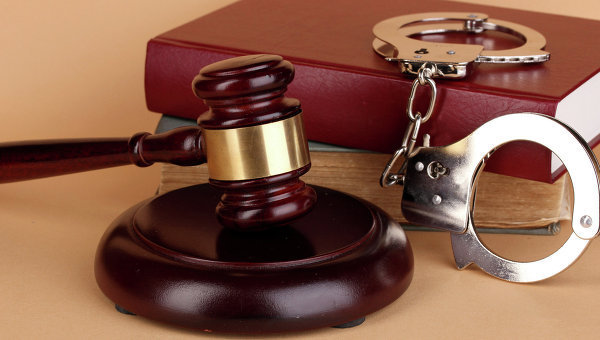MOSCOW, September 27 (RAPSI) – Investigator has refused to pardon Swiss-based Russian businessman Yuri Shefler who owns rights to several famous vodka brands, RIA Novosti reported on Tuesday citing the tycoon’s lawyer Alezander Asnis.
Earlier, the Moscow City Court ordered the Investigative Committee to grant amnesty to SPI Group’s Board Chairman Shefler. According to the lawyer, investigator has not enforced the court decision and rejected a motion filed by defense to close the case against the businessman.
Non-compliance with final judgments creates criminal liability. Asnis is going to lodge a complaint against investigator with court.
In 2001, a criminal case was opened against Shefler on allegations of illegal use of trademark. Six years after he was arrested in absentia and put on the international wanted list, but foreign states dismissed Russia’s request for his extradition.
A bill proposing an economic crime amnesty spearheaded by business ombudsman Boris Titov was approved by the State Duma in 2013. The resolution releases from criminal liability, regardless of the designated prison term, individuals convicted or held liable under 27 articles of the Criminal Code related to business activities. For the amnesty to take effect, a suspect or a convict has to return the property or compensate the damages to the complainants.
In August 2013, Shefler transferred 1.3 milllion rubles ($20,400) to the Russian state company Soyuzplodoimport as part of the case against him. However, the company has estimated its damage at 140 times as many. Investigator has recognized disagreement of the injured party as a just cause for rejection of pardon. The decision has been upheld by courts.
Thereafter, the businessman, whose worth is estimated at $1.9 billion by Forbes, turned to the Constitutional Court of Russia. The Court held that “if the initial estimate was correct then it should be used for compensation of damage and procurement of right to be pardoned.” If the estimate was stripped, “redrafted charges are to be brought against the defendant,” the judgment reads.



